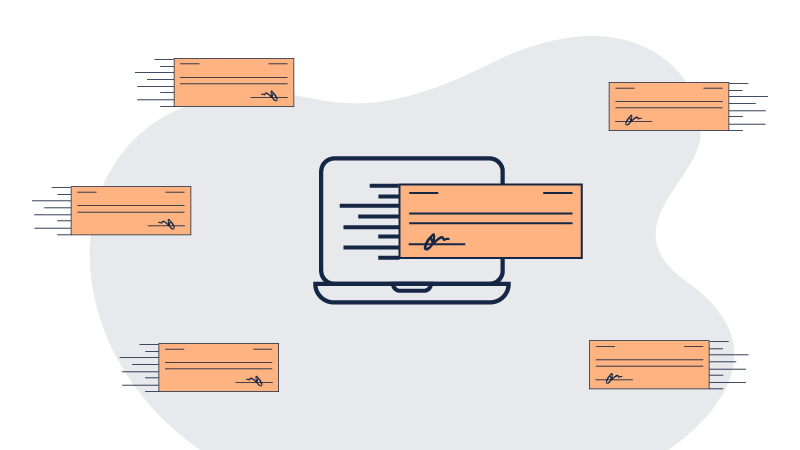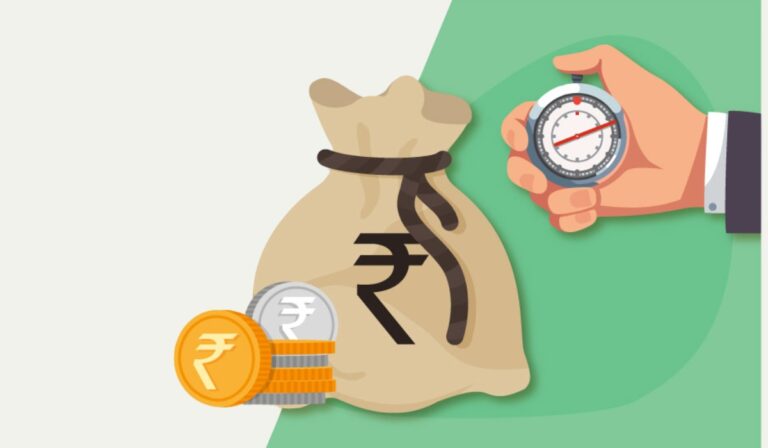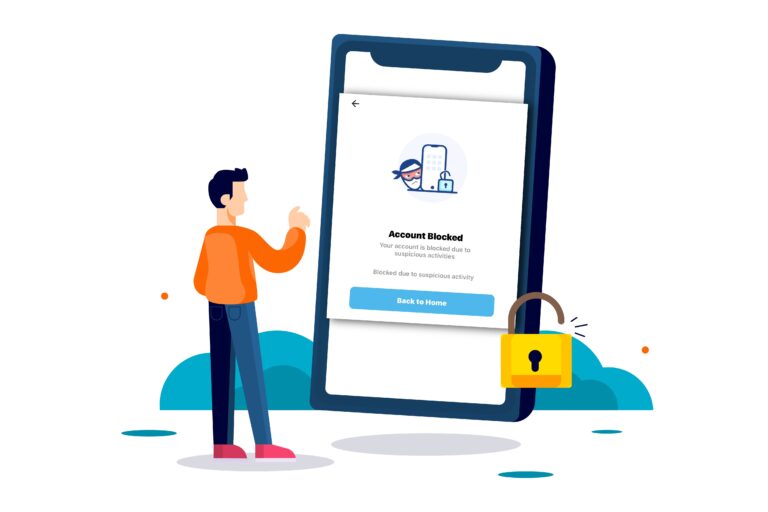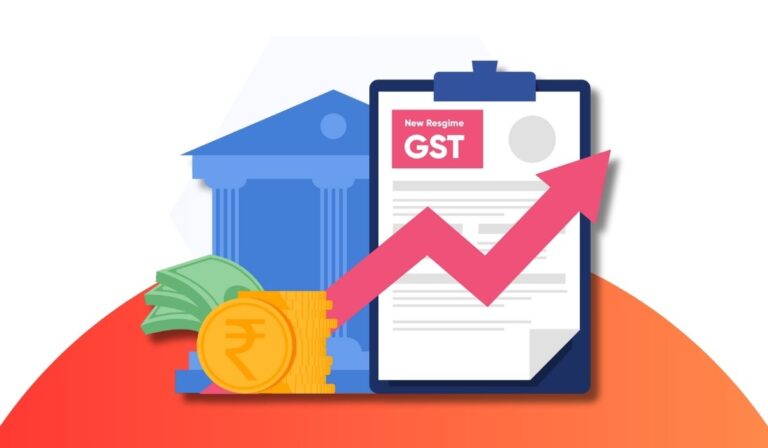With this ever-growing technology, consumers and producers are turning towards digital payment methods from traditional payment methods to make transactions, which have proven to be faster, easier, and more convenient. An electronic check, or E-check, is a digital payment method people use to do transactions. This blog will closely examine how E-check works and its advantages and disadvantages.
What is an E-check?
An electronic check is a computerized or digital version of a physical check processed through the Automated Clearing House(ACH) network. A physical check must be written, signed, and deposited to complete the transaction. In contrast, a digital check is initiated online through the user’s bank account and then electronically transferred. E-checks do not require need to be mailed or deposited physically. Both individuals and businesses can initiate E-checks. These are becoming popular method of payment as they are convenient to use, secure, and faster than physical checks.
E-checks Vs. Credit Cards
Credit cards and e-checks are both valid means of payment. The only difference the both of them is the way that they are processed. Credit card companies have their own payment processing networks, which are only accessible to users of a specific credit card. Using credit cards often leads to a high transaction fee, whereas using E-checks charges very low processing fees.
Moreover, credit cards allow the user to spend money they don’t even have, but E-checks only allow the user to make a payment out of the money that already exists in their account. Therefore, E-checks can be very advantageous for businesses with large numbers of annual transactions as the savings on processing fees can accumulate over time.
Advantages of an E-Check:
- Convenience: E-checks have made it easy for users to make payments anytime, anywhere. A physical check and the need to get it signed and deposited have been eliminated by using E-checks. This is helpful for those users who do not prefer using their credit or debit cards.
- Security: While making transactions through physical checks can be risky as there’s always a risk of the check being misplaced while using E-checks, a user is fully confident that the payment being made is secure as the transaction is processed through an encrypted network over the internet. E-checks have reduced the risk of fraud and identity theft.
- Fast transaction: It is no secret that digital processes are more immediate than physical processes. Transactions made through E-checks are quicker and allow faster payments than paper checks, as paper checks may take a few days to be cleared.
- Cost-effective: E-checks are usually cheaper than other modes of payment, like credit cards or wire transfers. Users can save money on transaction fees as E-checks transfer funds within a few days.
- Trackable transactions: With E-checks, users can easily have a digital record of their transactions and track them. This is very useful for those who have to manage multiple payments and invoices.
Disadvantages of an E-check:
- Additional charges: E-checks can be subject to additional fees as some banks may charge customers a fee to use the E-check facility.
- Technical faults: Digital payment methods require a stable internet connection. If a user’s system is not connected to the internet or there occurs some technical glitch, then they may not be able to receive or make any E-check payments.
- Limited acceptance: Even if people are turning towards digital payment methods, some businesses and merchants still need to accept E-checks even if they accept other types of payments like UPI or credit cards.
- Difficult for some users: Some users prefer paper checks and other payment methods over E-checks as they find E-checks challenging to use as they are complicated to set up.
Conclusion:
E-checks are easy and convenient to use. They are a secure payment mode that offers its users multiple benefits. It provides fast processing times, lower fees, and improved security, making it a reliable way to make transactions. Even though E-checks have a few disadvantages, as it involves sharing bank account details and longer processing times, these issues can still be overcome by taking appropriate planning and security measures. As E-check comes with many benefits, it is no doubt that they are becoming a popular way of payment for users worldwide.
PayMe is an RBI-registered Indian lending Fintech company providing quick personal loans online to individuals and small businesses at low-interest rates. PayMe aims to bridge the gap between traditional lending institutions and borrowers who may need to meet their stringent requirements. With a user-friendly platform and quick approval process, PayMe is committed to providing its customers with financial freedom, Quick disbursal, and flexibility. In addition, the company aims to provide fast loan approval to empower individuals and businesses to achieve their goals by providing timely access to the necessary funds. Payme’s customer-centric approach and innovative technology make it a leader in the Indian lending Fintech industry.




